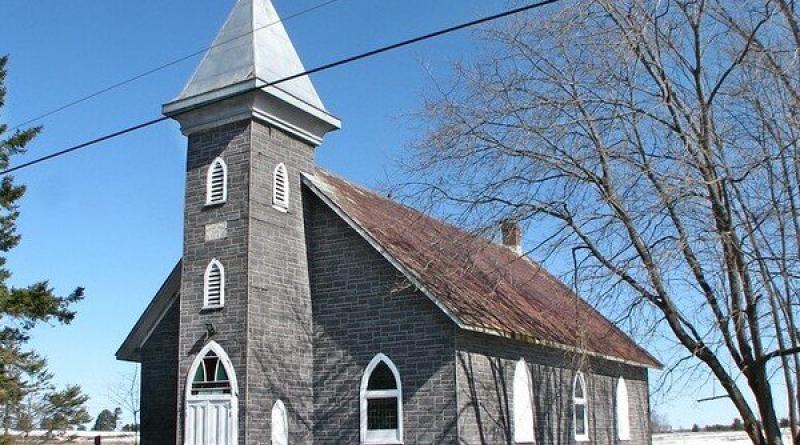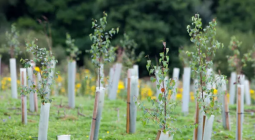Old Quebec Church Reborn As Food Security Sanctuary

Nearly a hundred years after it was built for people seeking spiritual nourishment, a small church house near Quebec City is being transformed to help put actual food on the community table.
A deconsecrated church in the Beauce region of Quebec is “getting a new lease on life” after being purchased for a dollar by a food security non-profit, reports CBC News.
The seeds for this happy resurrection were sowed in the spring of 2020, when Beauceville (pop. 6,200) resident Jean Champagne and his wife decided to do something to ease growing food insecurity in their parish—a crisis that deepened during the pandemic as food prices spiked. They realized fresh produce would help the most and launched the non-profit Cultiver pour partager (Growing to Share), writes CBC. Run entirely by volunteers, the non-profit grows its own vegetables and also collects donated produce from local farms.
Cultiver pour partager has grown and shared almost 90,000 kilograms of vegetables since its founding, with 50,000 kilos harvested this year alone. All harvests go to Moisson Beauce, a food bank housed in the old church and managed by the Champagnes’ daughter, Marie.
The effort has been a case of “missions converging,” CBC writes, explaining that the farming non-profit found itself in need of a cold storage space around the same time that the Sainte-Famille-de-Beauce parish put its deconsecrated church up for sale—but only to a buyer willing to sign a contract stating the building would be used for activities that aligned with Catholic church values.
“Allowing it to be used for just any purpose was out of the question,” parish president Jean-Denys Rancourt told CBC.
With the mission of Cultiver pour partager judged a perfect fit, the non-profit purchased the church—for C$1—and will soon begin the process of retrofitting one side of the nave with cold storage sufficient to house 75,000 kilograms of fresh produce. The other side will be reconstructed into a space to wash and package food.
The sanctuary (altar area) will become a greenhouse. Another larger greenhouse and a loading bay will be built outside.
Funded in part by the province, and by commercial and private investors, the $1.2-million transformation is scheduled to start in November. The first step: reinforcing the concrete floor to sustain the weight of forklifts, writes CBC.
PHOTO: Gilles Douaire/flickr






